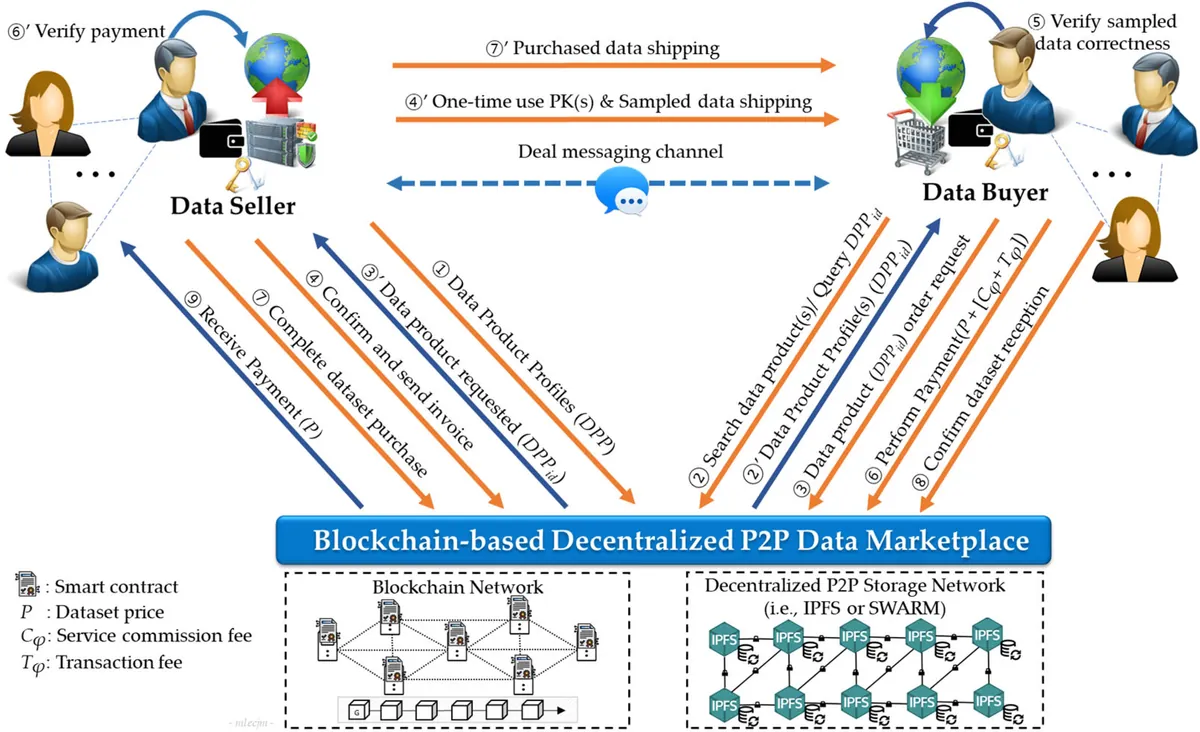Judge Overturns CFTC Ban on Political Event Betting, Sparking Debate
A federal judge has ruled against the CFTC's prohibition on political event betting, allowing Kalshi to offer election outcome contracts. The decision ignites discussions on market influence and democratic integrity.

On September 12, 2024, a federal judge issued a ruling that paves the way for Americans to engage in derivatives betting on political events, including election outcomes. This decision marks a significant setback for the U.S. Commodity Futures Trading Commission (CFTC), which had previously prohibited such activities.
The case centered around KalshiEX LLC, a predictions marketplace that sought to offer contracts allowing users to bet on which party would control the House of Representatives and Senate in a given term. The CFTC had initially blocked Kalshi from listing and clearing these cash-settled political event contracts, citing concerns about unlawful gaming and potential negative impacts on public interest.
In response, Kalshi filed a lawsuit, arguing that the CFTC had exceeded its authority. District Court Judge Jia Cobb, in her opinion released just weeks before the November 5, 2024, presidential and congressional elections, stated that Kalshi's contracts do not involve unlawful activity or gaming. Judge Cobb emphasized that the court's role was to interpret existing legislation, not to determine the merits of the product itself.
"This case is not about whether the Court likes Kalshi's product or thinks trading it is a good idea. The Court's only task is to determine what Congress did, not what it could do or should do. And Congress did not authorize the CFTC to conduct the public interest review it conducted here."
The ruling has sparked a debate about the potential implications of political betting markets. Proponents argue that these markets can provide valuable insights and improve forecasting accuracy. In fact, prediction markets have been shown to be more accurate than traditional polling in some cases, a concept rooted in the efficient-market hypothesis.
Tarek Mansour, CEO and co-founder of Kalshi, expressed enthusiasm about the decision, stating that it would allow these markets to demonstrate their power in providing signals amidst noise and offering insights into future events.
However, critics have raised concerns about the potential negative impacts on public trust and democratic processes. Cantrell Dumas, director of derivatives policy at Better Markets, a nonprofit organization promoting public interest in financial markets, warned that allowing political event contracts could lead to unprecedented gambling on U.S. elections, potentially eroding public trust in both markets and democracy.
It's worth noting that political betting markets are not a new phenomenon. They have existed in various forms since the 19th century, with the first modern political prediction market, the Iowa Electronic Markets, established in 1986. Some countries, like the United Kingdom, have long-established legal betting markets for political events.
The debate surrounding political betting markets often involves discussions of free speech and information aggregation. While proponents claim these markets can aggregate information effectively, critics argue they could potentially influence election outcomes.

As the landscape of political betting evolves, it's important to consider the broader context. The CFTC, established in 1974 to regulate commodity futures and option markets in the United States, has previously taken action against similar platforms. In 2012, the commission shut down Intrade, a popular prediction market that included political events. More recently, PredictIt, another political prediction market, operated under a no-action letter from the CFTC until 2023.
The emergence of blockchain technology has also led to the creation of decentralized prediction markets, adding another layer of complexity to the regulatory landscape. As this field continues to develop, it will be crucial to balance the potential benefits of information aggregation with the need to protect the integrity of democratic processes.


































